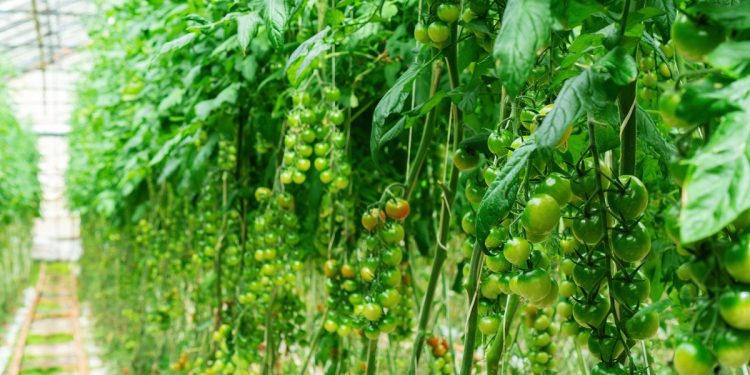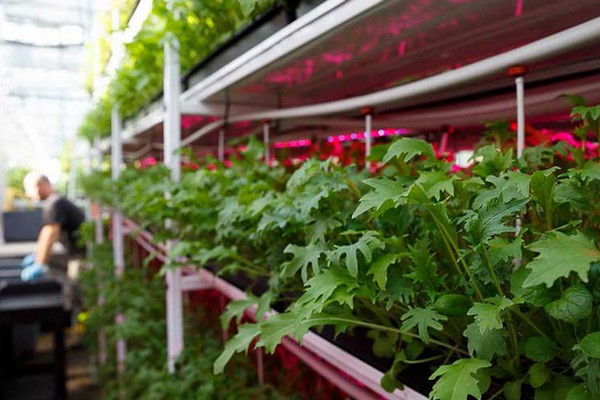In a significant development for the organic agriculture sector, the French Committee for Organic Agriculture (CNAB), a body within the INAO, has extended the deadline for heated organic greenhouses to transition from fossil fuels to renewable energies. Originally set for 2025, the new deadline is now 2030, a decision that has sparked controversy among industry stakeholders.
This extension applies exclusively to older heated greenhouses certified organic before January 1, 2020. New heated greenhouses have been required to use renewable energies for the past five years. The French Federation of Organic Farming (FNAB) has expressed dissatisfaction with the extension, arguing that it is unjustified given the limited number of producers affected. According to FNAB, this postponement concerns only about thirty producers out of the 14,000 organic vegetable growers in France who do not use heating for their greenhouses.
FNAB is particularly critical of the lack of progress in transitioning to renewable energies over the past five years. The Federation has called for annual monitoring of the actions taken by greenhouse operators to ensure compliance with the new deadline. “Operators have not made the most of the last five years to move away from fossil fuels,” FNAB states, emphasizing the need for accountability and consistent progress tracking.
The core of FNAB’s argument lies in the incompatibility of greenhouse heating with organic farming principles. According to the Federation, “heating greenhouses remains incompatible with the principles of organic farming, as it respects neither the seasonal nature of production nor climate protection.” FNAB insists that organic farming should exemplify the necessary transformations in agricultural and food systems to address environmental and sustainability challenges.
FNAB remains committed to advocating for the abandonment of fossil fuel-dependent practices in organic farming. The Federation plans to continue its efforts in defending these principles with consumers, the INAO, and European authorities. FNAB’s stance highlights the broader industry push towards sustainability and the urgent need for systemic changes to promote environmentally friendly agricultural practices.










